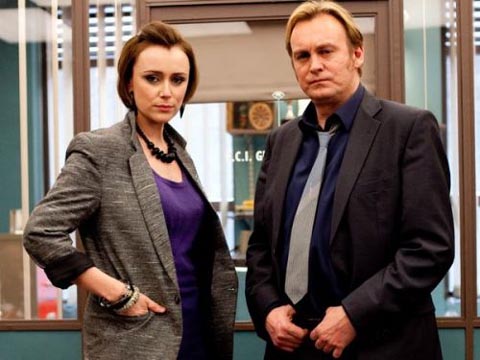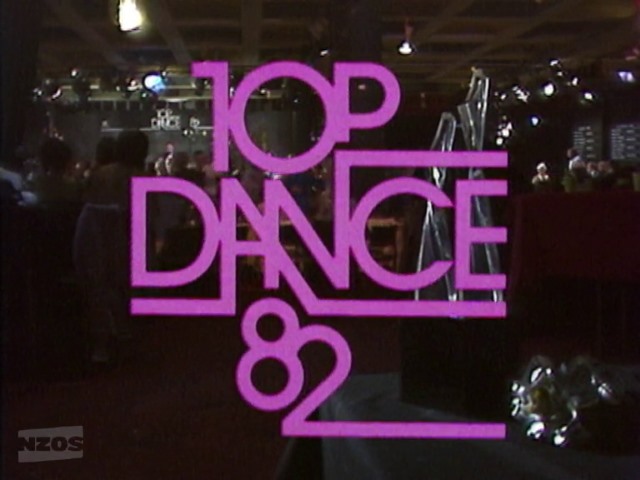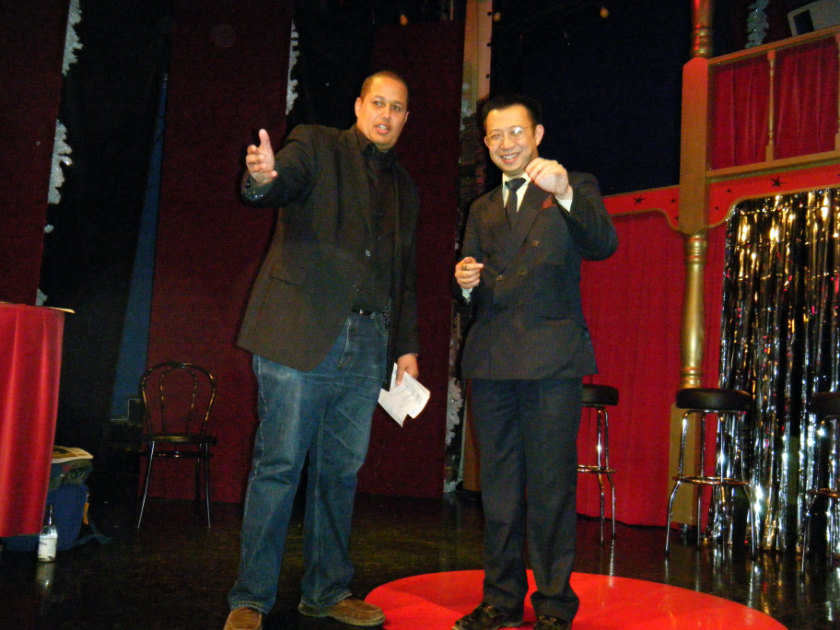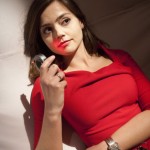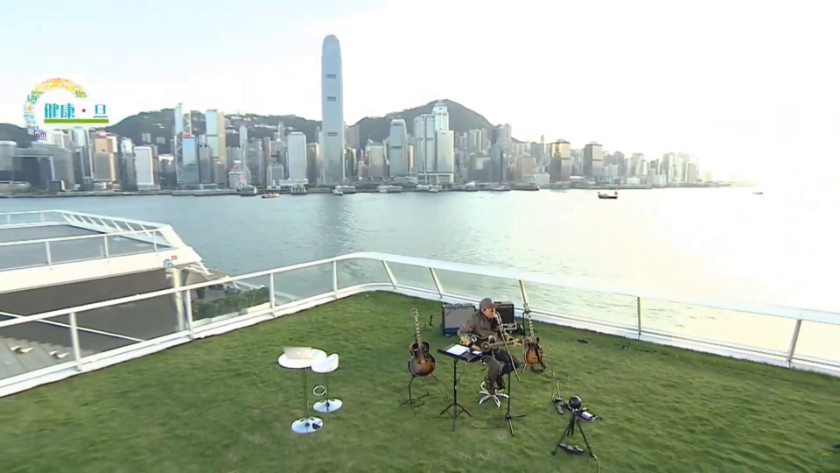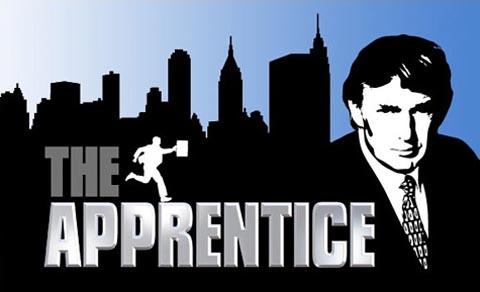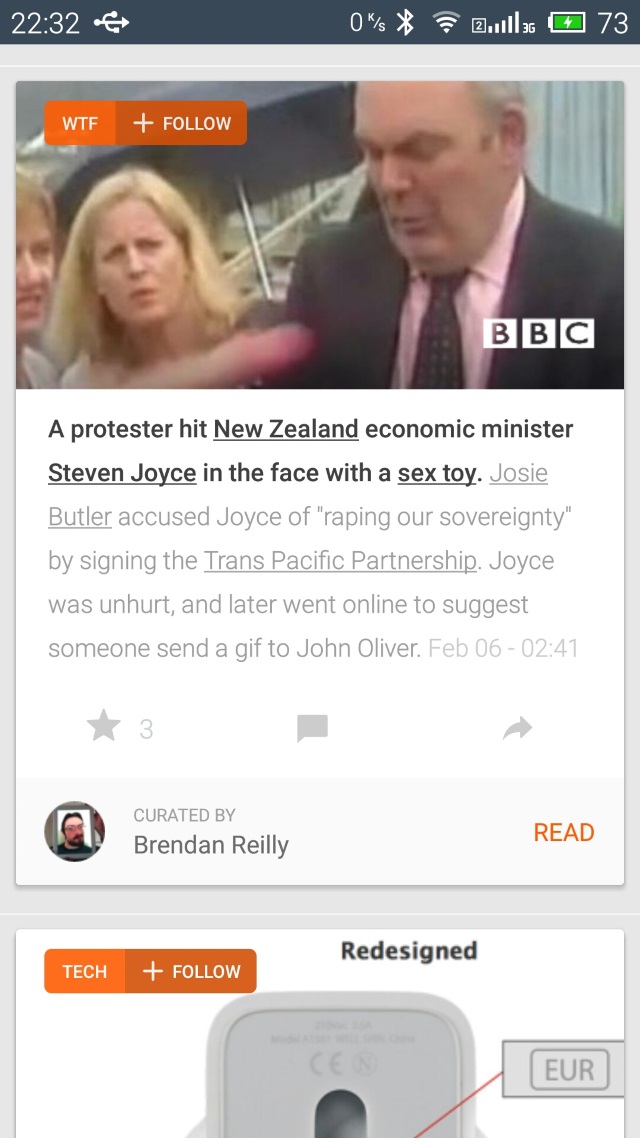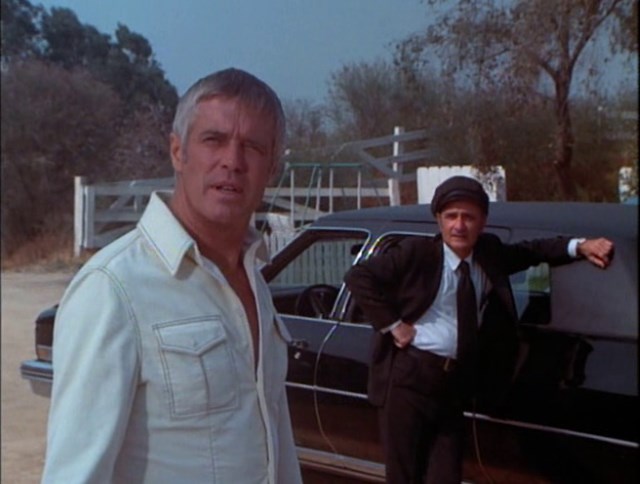
‘There’s an old Polish proverb …’ I believe it’s ‘Reality television can’t stop the motorways in Warsaw from getting icy.’
I’ve always known what sort of telly I liked, and often that was at odds with what broadcasters put on. In the 1970s, my tastes weren’t too dissimilar from the general public’s, but as the years went on, they diverged from what New Zealand programmers believed we should watch.
Shows I liked would prematurely disappear (Dempsey & Makepeace), only to return very late at night a decade later. Some only ever appeared late at night (Hustle), then vanish (in New Zealand, seasons 5 to 8 have never appeared on a terrestrial channel, and they have also never been released on DVD).
We had a British expat visitor on Wednesday. He arrived here in 2008, and had no idea that TV1 had once been the home of British programming, and TV2 was where the Hollywood stuff went.
By the late 2000s and early 2010s, I was watching either DVDs or finding a way to get to BBC Iplayer et al, because less and less of what was on offer had any appeal. We had boxed sets of Mission: Impossible, The Persuaders, and others.
When the country switched to Freeview, I couldn’t be bothered getting a decoder. We were fine with online. Eventually, I did buy a TV set with Freeview, but only because the previous one conked out.
On Thursday night, it became very apparent just how bad television had become here.
Every English-language and te reo Māori terrestrial channel had unscripted drama, i.e. “reality” shows, or the occasional panel show or real-life event, other than Prime, showing the MacGyver remake.
Who in the 1980s would have predicted that MacGyver would be the only scripted series on air during prime-time here between 7.30 and 8.30 p.m.?
I realize the economics of television have changed, and there’s no such thing as a TVNZ drama department any more.
Shows which might have had the whole country watching would be lucky to pull in a quarter of the audience today.
But it is a sad reflection that the televised equivalent of the weekly gossip rag is what rates. The effort needed to produce quality drama is expensive, and not enough of us support it.
I also imagine scripted Hollywood shows are cheaper than British ones, hence what we see on our screens is American—and why some kids these days now speak with American accents. Yet to some New Zealanders, Chinese-language signs on Auckland high streets are a bigger threat to the local culture. Really?
In this household, we vote with our attention spans—and over the last month that has meant DVDs of Banacek and, in true 50 shades of Grade fashion, The Protectors. Sometimes, you feel it’s 1972 in this house—but at least the telly was better then.

